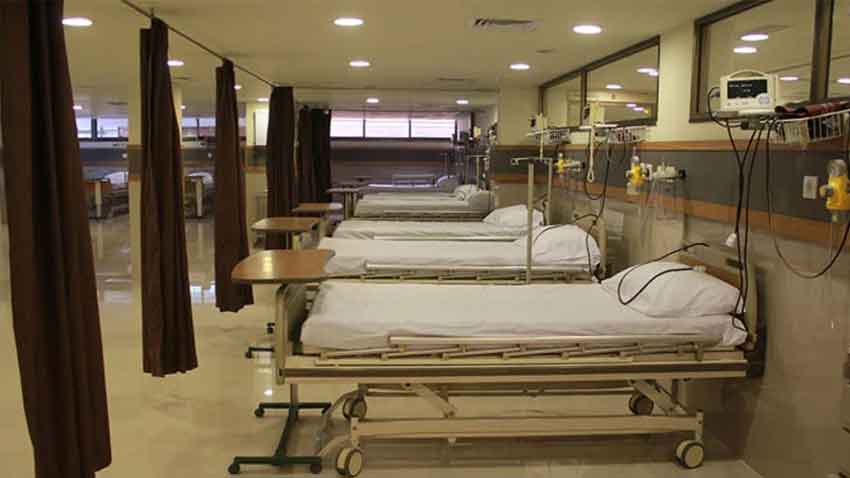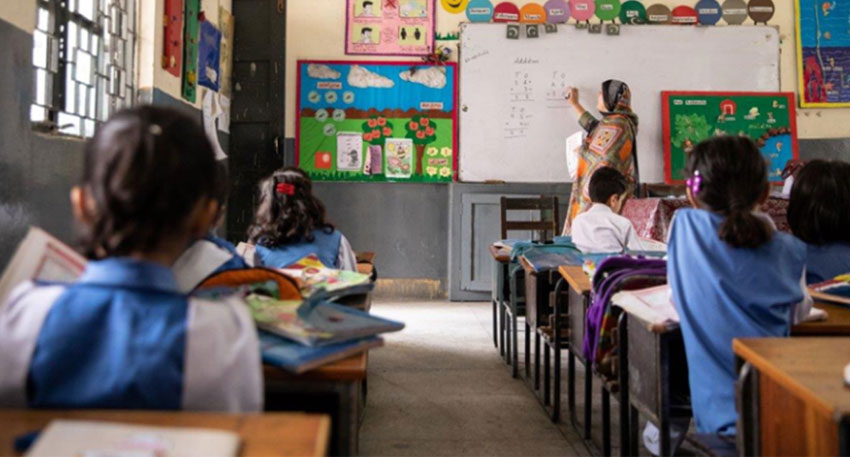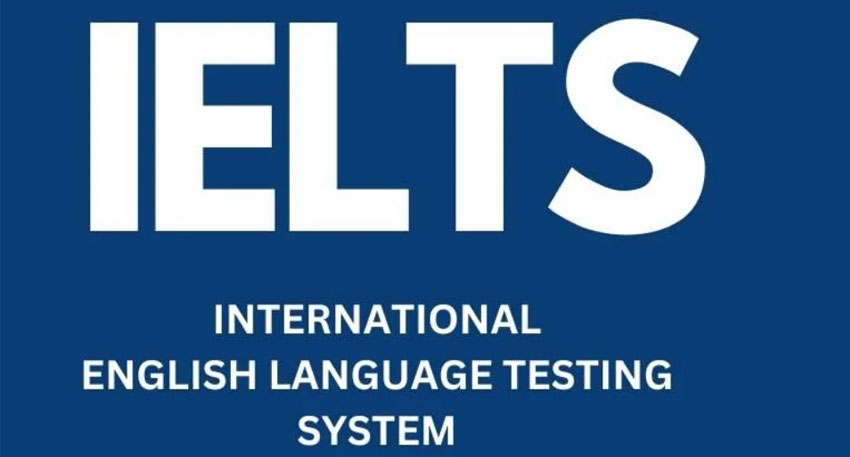
According to the Punjab Healthcare Commission, private hospitals have been ordered to allocate 35 percent of their beds exclusively for flood victims. Hospitals are instructed to provide free treatment, medicines, and round-the-clock emergency and ICU facilities for all patients affected by the floods.
The directive also includes strict orders for private hospitals to monitor and control waterborne diseases. Emergency wards, ICUs, and medical staff must remain fully active 24/7.
Hospitals have further been directed to install sandbags and water pumps at entry points to prevent flooding inside medical facilities. In case of patient transfers, private hospitals have been told to coordinate with local NGOs and ambulance services.
Moreover, all biomedical equipment including ventilators, X-ray, and CT scan machines must be kept fully operational. Hospitals are also required to prepare an evacuation plan for emergency situations to ensure safe transfer of patients.
The decision to impose a flood emergency in all private hospitals reflects the gravity of the disaster gripping Punjab. By mandating free treatment, 24-hour emergency care, and allocation of 35 percent hospital beds for flood victims, the government is attempting to strengthen the healthcare response.
Read more: Bill Gates pledges $1 million as Pakistan’s worst floods spark urgent global action
However, the success of this move depends on how effectively hospitals comply and whether resources can meet the rising demand. With growing risks of waterborne diseases, damaged infrastructure, and thousands displaced, medical services are under immense pressure. This step shows urgency and responsibility, but the true test will be in execution, coordination with NGOs, and ensuring that vulnerable victims actually receive the promised free care.




